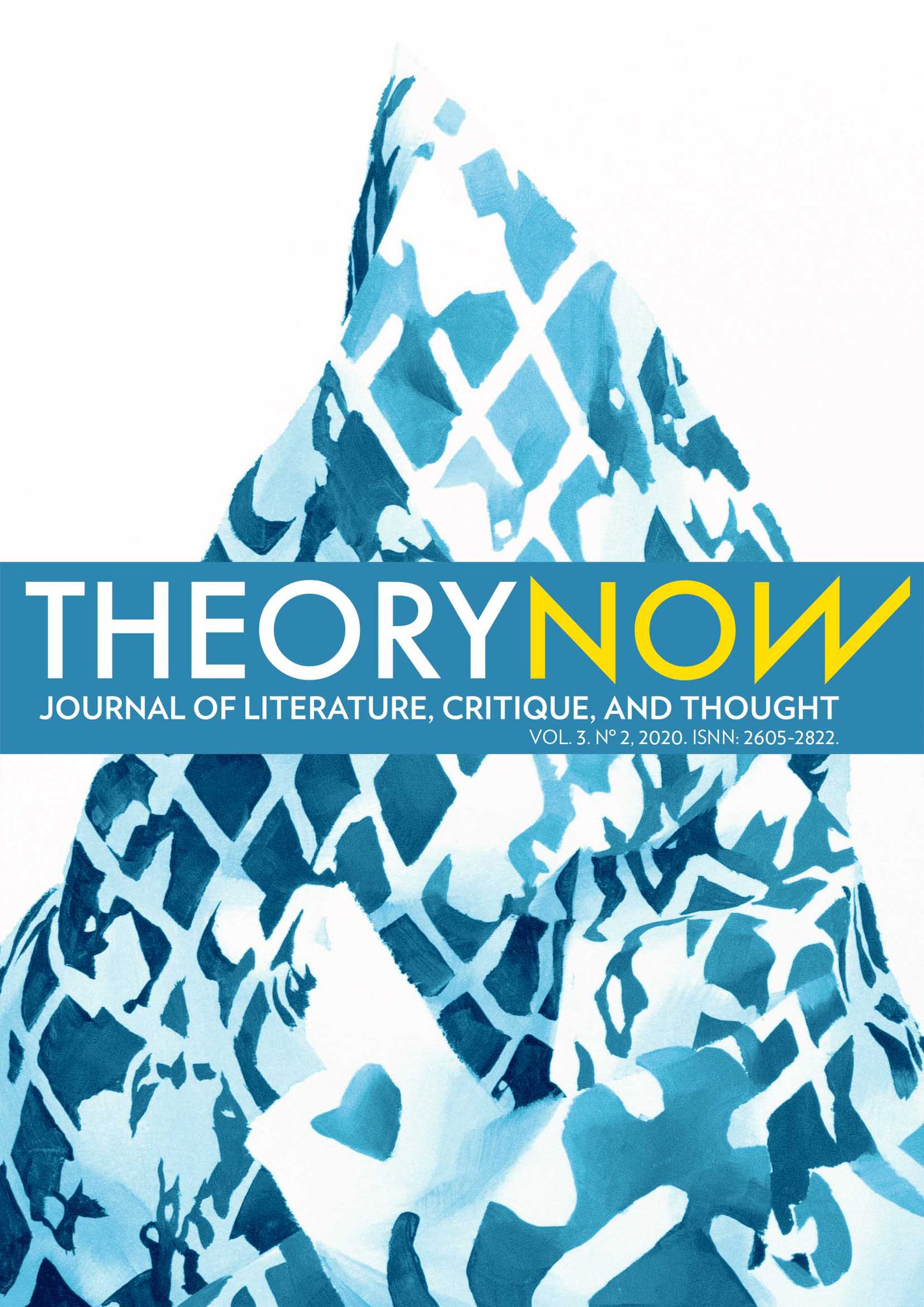Inscribed Bodies: Gender, Fashion, and Literature
DOI:
https://doi.org/10.30827/tn.v5i1.22644Abstract
Through this paper, or philosophical reflexión, I have tried to argue about how gender has been traditionally the object of exchanges, the object became merchindise. Gender, as sexual and cultural constitution, and as knitting on textile field, has been a source to atribute subordinate condition to feminity. They she are the generic ones, the hazy Other, while masculinity has captured hegemonic condition, subjects with logos, with rational faculty, with articulated word.
They she have been persons in charge of weaving inscriptions, which they, masculine, formulated over cultural textile. Hegemonic subject has been recognized as a rational soul, or mind, subordinated ones has been given phoné, voices, because these only have sensitive soul, which can not decide among fair and unfair or between god or evil. The voice from subordínate one can not decide about social law, can not write social words, but keep the subordinated function of reproducing, of inscribing dictates.
Bodies have been inscribed, texts have been written. Throught anthropology, fashion, art, literature, and market, deconstruction of gender is proposed, linked to a kind of cultural emancipation.
Downloads
Downloads
Published
How to Cite
Issue
Section
License
Theory Now. Journal of Literature, Critique, and Thought is an immediate open-access publication which is available at no cost for readers and authors alike. Authors are not charged any kind of fee for the editorial processing of their articles. Reading, downloading, copying, distributing, printing, searching, linking or reusing all published articles for non-commercial uses is allowed on the condition of citing the author, the journal and the editing body. All intellectual material published in this journal is protected under a Creative Commons Attribution-NonCommercial 3.0 Spain license.
Dissemination of the articles in social (Facebook, Twitter, Linkedin, etc.) and scientific networks (ResearchGate, Academia.edu, etc.), public repositories at universities and other institutions, blogs, personal or institutional websites, Google Scholar, ORCID, ResearchID, ScopusID, etc. is strongly encouraged. In all cases, the intellectual property of the articles and any possible monetary profits derived from them belong exclusively to the authors.













